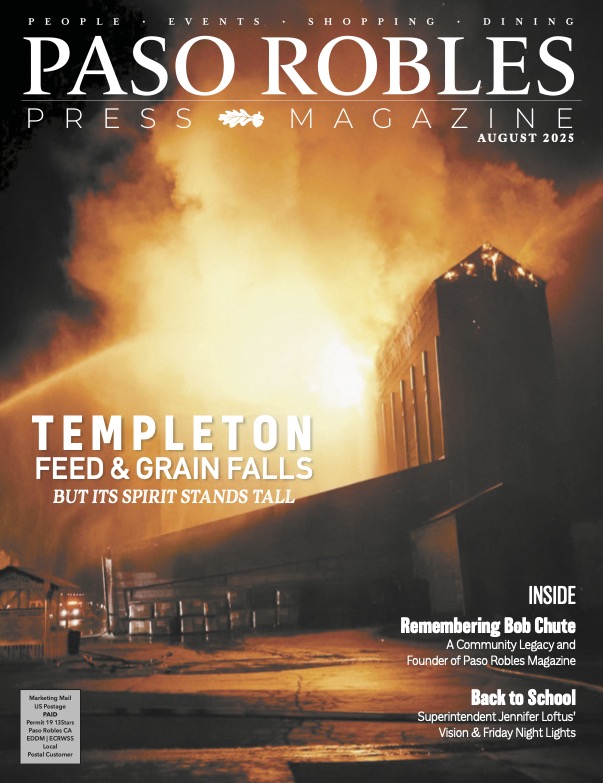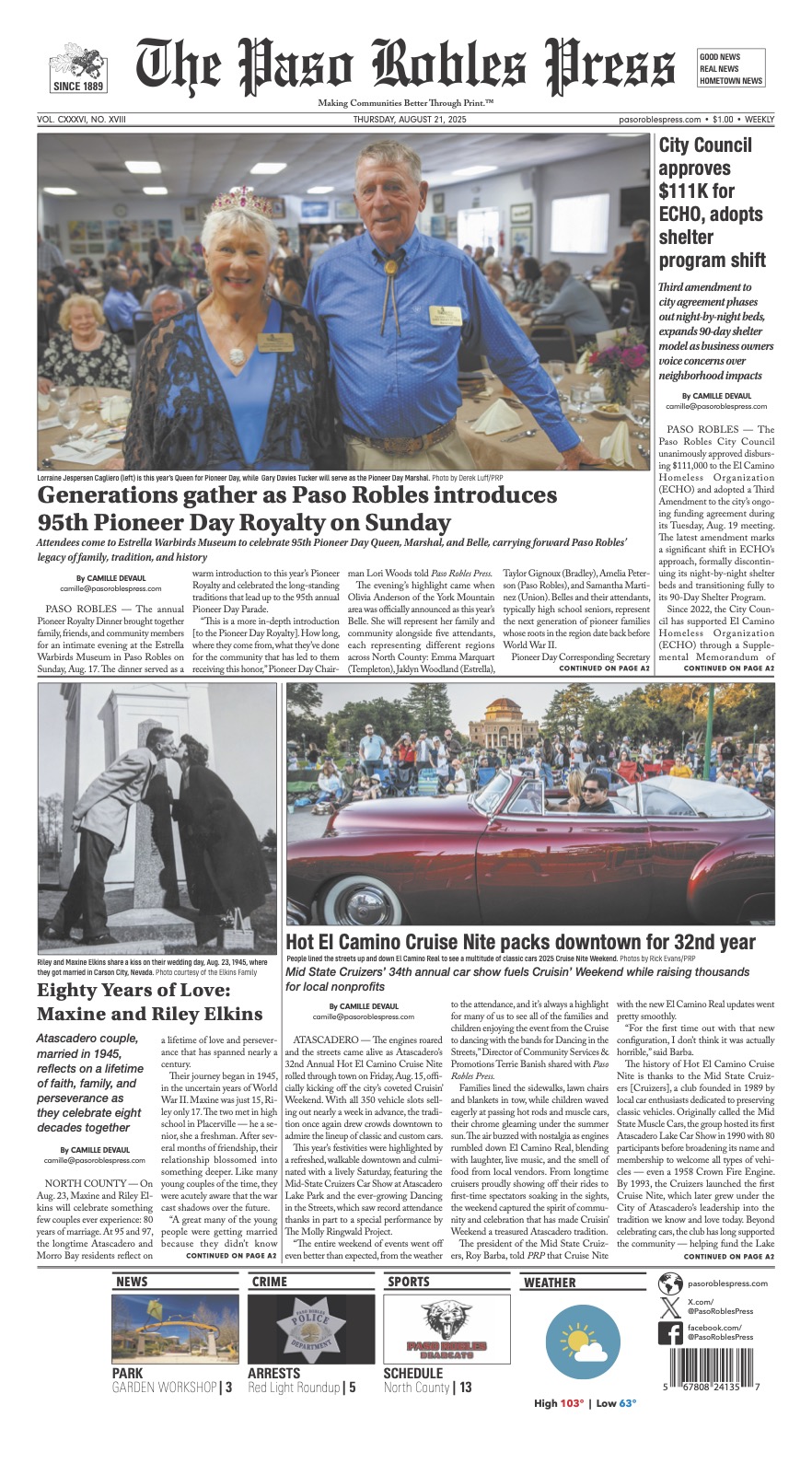Horse Show at Paso Robles Event Center presented risk of equine herpes virus
The Pacific Coast Cutting Horse Association and The Paso Robles Event Center have decided to postpone the upcoming Coyote Rock Ranch Round Up horse show that was scheduled for March 6-11. This, due to the current news of isolated cases of one or two horses in the Western United States testing positive for the Equine Herpes Virus (EHV). The Paso Robles Event Center wants to remind all that it practices strict biosecurity protocols in order to minimize the risk of EHV and other equine illnesses.
The Paso Robles Event Center has never had a neurologic EHV case, thanks in part to the use of Synbiont—and other approved biodegradable agricultural washes—used to clean areas that are prone to host pathogens, viruses, bacteria and fungi. The entire facility is sprayed thoroughly between events, including the stalls, barns, and common areas where horses congregate.
California Mid-State Fair CEO Michael Bradley said, “We are confident in our long-term and proven biosecurity measures to protect the health and welfare of our equine partners. We spray between each and every show, with the hopes of never allowing the virus to ever get a start or foothold here at the Paso Robles Event Center.”
Pacific Coast Cutting Horse Association Executive Director Phil Benedum said, “This is not the really bad neurological strain of the virus we saw a few years ago but we want to be just as cautious. Our horses and their owners are our main concern. We do not want to take any chances.”
The PCCHA is working diligently to secure a future date for the show and to ensure that the current equine health conditions are appropriate for scheduling. To facilitate to the best outcome, both organizations are working with the offices of the California State Veterinarian to monitor all current or future health conditions statewide.
Paso Robles Event Center strategic horse show liaison Sandy Collier said, “This is a proactive approach as our primary concern is doing the right thing for the horses. We’re also working diligently with the Pacific Coast Cutting Horse Association to reschedule the show.”
From the American Association of Equine Practitioners:
What is equine herpes virus?
EHV are viruses that are found in most horses all over the world. Almost all horses have been infected with the virus and have no serious side effects. It is unknown what causes some of the horses to develop the serious neurological forms that may be fatal.
How does the equine herpes virus spread?
EHV-1 is contagious and spread by direct horse-to-horse contact via the respiratory tract through nasal secretions. It is important to know that this disease can also be spread indirectly through contact with physical objects contaminated with the virus: human contaminated hands or clothing, contaminated equipment and tack, contaminated trailers used for transporting horses, contaminated wipe rags or other grooming equipment, or contaminated feed and water buckets. The air around the horse that is shedding the virus can also be contaminated with infectious virus. Although it is known that the virus can be airborne, it is difficult to establish the distance the virus can spread in this manner under typical horse management and environmental conditions.










